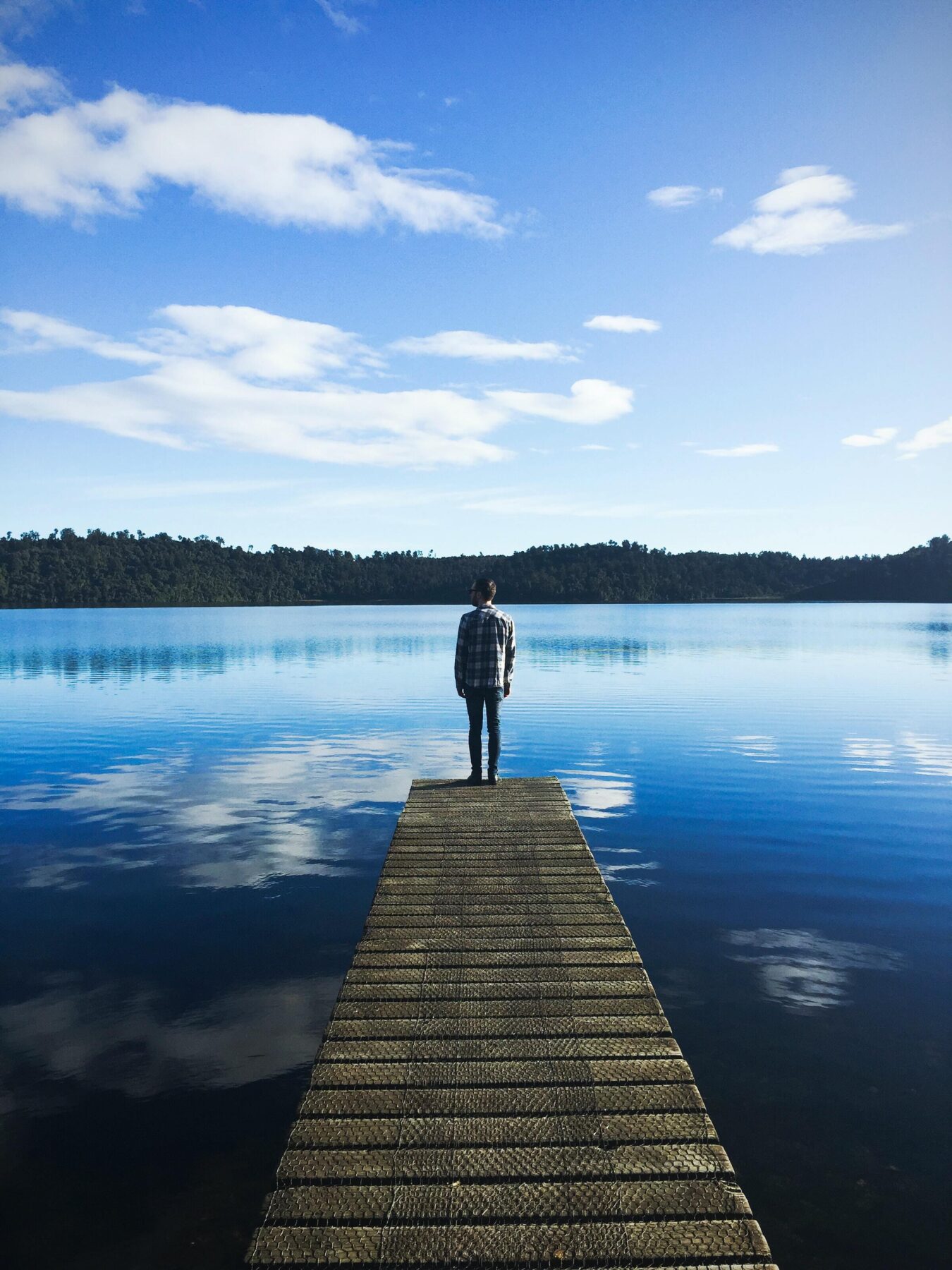“As he went along, he saw a man blind from birth. His disciples asked him, ‘Rabbi, who sinned, this man or his parents, that he was born blind?’
John 9:1-7 (NIV)
‘Neither this man nor his parents sinned,’ said Jesus, ‘but this happened so that the works of God might be displayed in him. As long as it is day, we must do the works of him who sent me. Night is coming, when no one can work. While I am in the world, I am the light of the world.’
After saying this, he spit on the ground, made some mud with the saliva, and put it on the man’s eyes. ‘Go,’ he told him, ‘wash in the Pool of Siloam’ (this word means ‘Sent’). So the man went and washed, and came home seeing.”
The first time I stepped out of an optometrist’s office wearing glasses, I was baffled by the degree of detail in the world around me. “You can see all of the leaves?” I asked my parents in wonder.
The man at the Pool of Siloam didn’t know how Jesus did what he did, and when the Pharisees interrogated him about Jesus, all he could say was, “Whether he is a sinner or not, I don’t know. One thing I do know. I was blind but now I see!” (John 9:25 NIV).
It would be another 1,200 years after Jesus lived before rudimentary corrective lenses were invented. For most of human history, men and women who were born blind or lost their sight as their eyes weakened have had no other option but to pray for miracles.
Since those first days of corrective lenses, my vision has worsened progressively. Without glasses or contacts, my family laughs at just how blind I am as I stare with one eye at my cell phone screen just inches from my face. But every morning, I wake up and slap on my glasses. Every morning, I pop in disposable contact lenses and see with 20/20 vision. This is a miracle.
People aren’t required to look after other people and try to cure diseases, remedy weaknesses, or do what they can to make the world a better place. But they do. Fueled by the Holy Spirit and its unique power to compel people to care for and love one another, people everywhere keep trying to heal others, physically, mentally, emotionally, and spiritually. This empathy and love is miraculous. Let us continue to be inspired and moved to do the works of God.
Points of Reflection
- What scientific advancements have changed your life in ways that might not at first seem to be miraculous?
- Pause to offer gratitude to the One who gives wisdom, cultivates knowledge, and compels action in people. Think specifically about the advancements that have improved your life in some way.
For the Kids
- With your parent or guardian, wear a blindfold around your house or yard. How does sight impairment affect your ability to navigate the world?
- Imagine what it would be like to go from blindness to sight. Thank God for vision and ask God to help you be empathetic for those who cannot see.
Action
The visually impaired (and others with disabilities) are often unintentionally excluded or isolated from participation in church activities, or their participation is especially challenging because accommodations aren’t available to them. How accessible is your church to those who are blind, have trouble hearing, use a wheelchair, or have some other physical impairment? What small steps might you be able to suggest to your pastoral leadership to make folks feel more welcome in your community? Key Ministry offers an interview with Maureen Pranghofer, an author, speaker, and advocate for those who are blind or visually impaired. In it, Maureen shares ways that churches can make their congregations more accessible to these communities.
Readings
In 1652, John Milton, author of the epic poem Paradise Lost, went blind. His most famous poem, “On His Blindness,” also known as “When I Consider How My Light Is Spent,” a sonnet, is about both how we spend our days as well as the loss of Milton’s sight. You can read this famous poem online at OwlEyes.org, where staff members and others have provided some footnotes to help understand this beautiful sonnet better.





 Copyright
2025
Root and Vine
Copyright
2025
Root and Vine